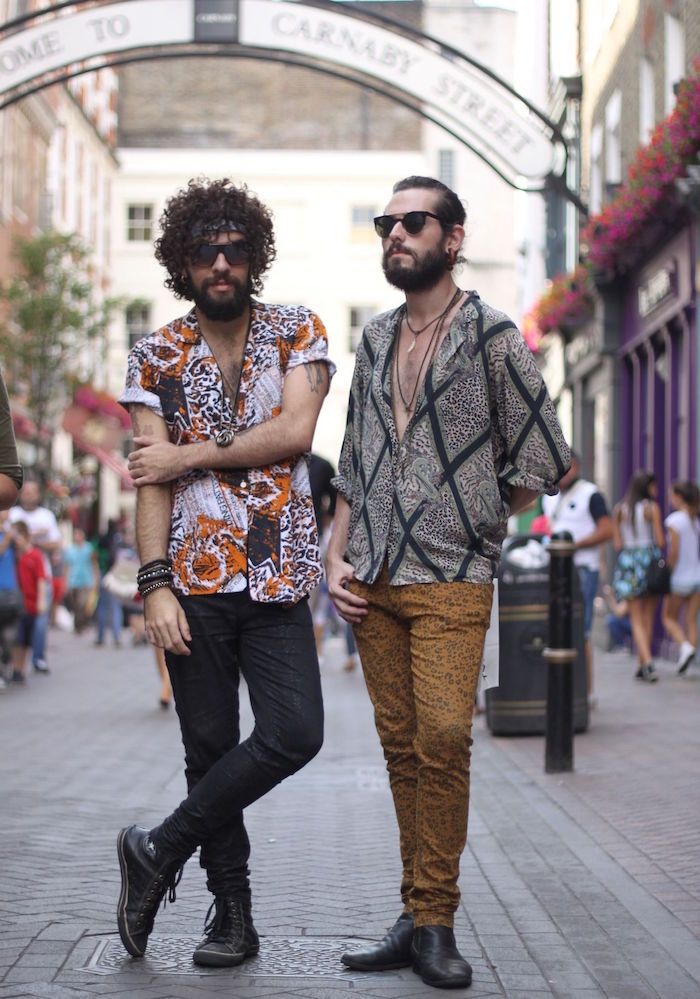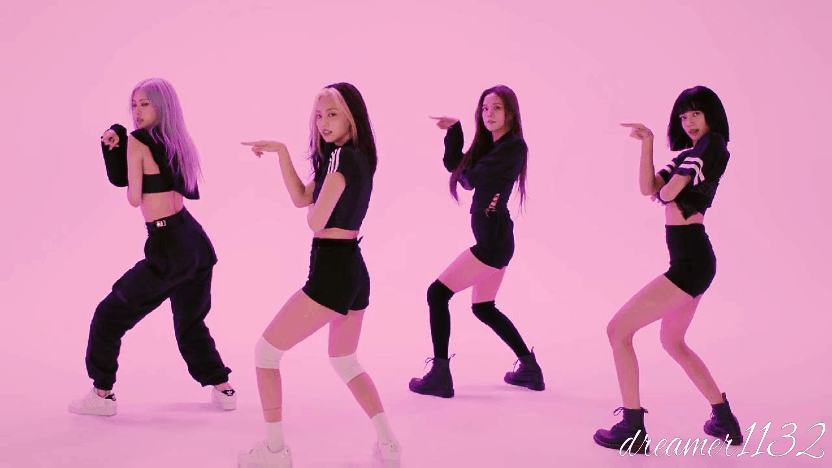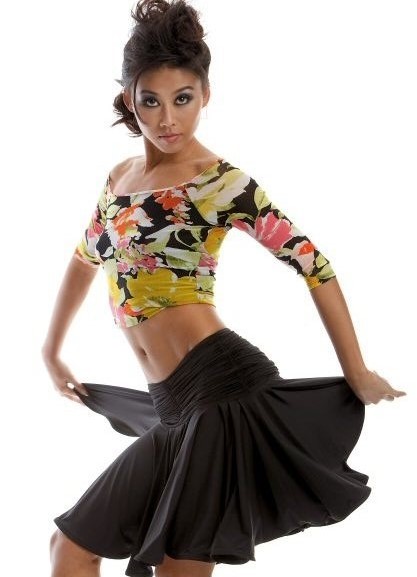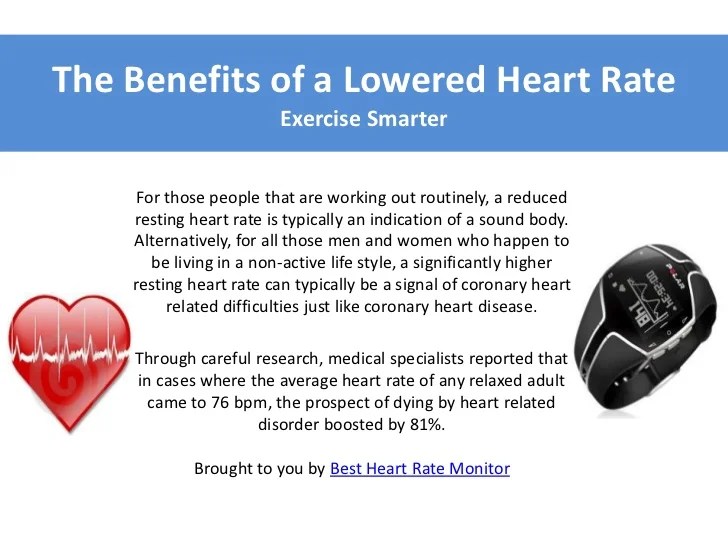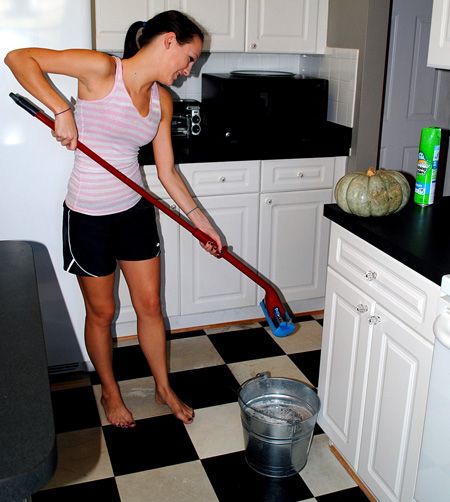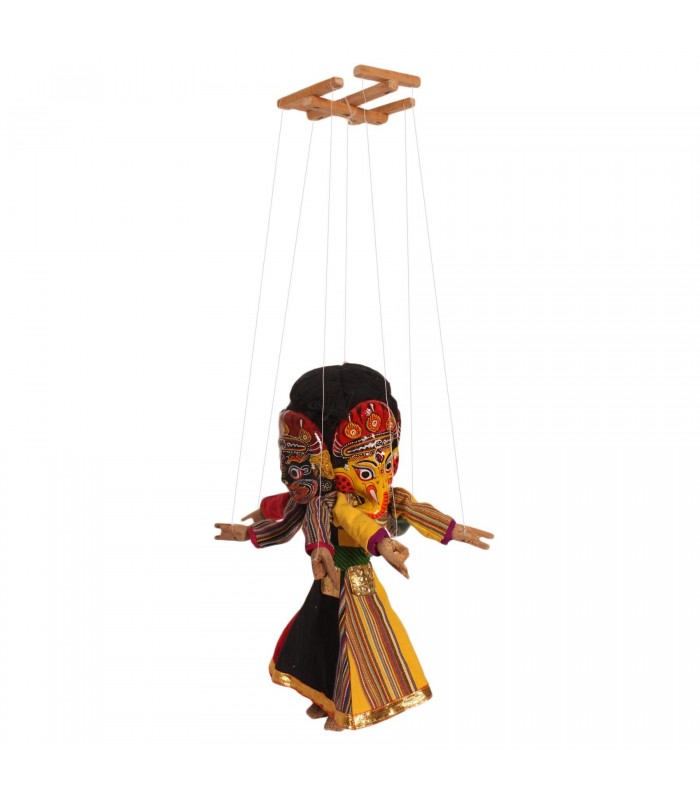How to find a dance agent
Do you need an agent?
Landing a dance agent can help skyrocket your career. Think of it as having your own personal posse cheering you on and fighting for you to succeed. You definitely don’t need an agent to have a successful career in show business, but it doesn’t hurt to have that extra support system in an industry that can often feel overwhelming.
An agent works to get you into every audition and casting you’re right for. And, when you’ve booked a job, they ensure that your contract is solid from the gig’s start to finish. Depending on your agency, agents typically take between a 10 and 20 percent cut from your pay check. When you succeed, so do they — it’s a win-win!
Whether you’re newer to the professional dance scene or a seasoned veteran, having an agent on your team can be extremely helpful. As a newbie, you’ll receive guidance and get your foot in the door more easily than if you’d have to wait several hours to be seen at an open call. And as a working dancer, your agent will utilize your hard-earned resume to get you in for even more jobs (like a swing or an immediate replacement in a Broadway show).
If you’re on the search for an agent, our biggest piece of advice is to find someone who gets you. In your meeting with a potential agent, talk about your goals and what kind of dancing you want to be doing. Of course, also ask about where they see you going with your career. But don’t ever feel like you have to compromise any of your aspirations or change your entire identity just to be successful.
So, what exactly does an agent do — specifically a dance agent?
- Submit dancers for jobs
- Access exclusive auditions that are not posted on open casting websites
- Negotiate contracts (i.e. higher pay, your own row on a tour bus, vacation days)
- Ensure proper working conditions that adhere to your contract and to the performers’ unions (i.e. proper dance shoes, days off, sprung floors)
- Provide guidance in marketing yourself (your “look”, website, reel, resume, headshots)
- Offer referrals (and often discounts) to voice teachers, headshot photographers and more
- Host networking events such as private workshops, sing ‘n’ reads and happy hours
- Encourage your growth as an artist
Sounds great, right? Well, here are a few ways on how you can land an agent for yourself:
- Submit your resume, headshot, dance reel and references via e-mail/online link.
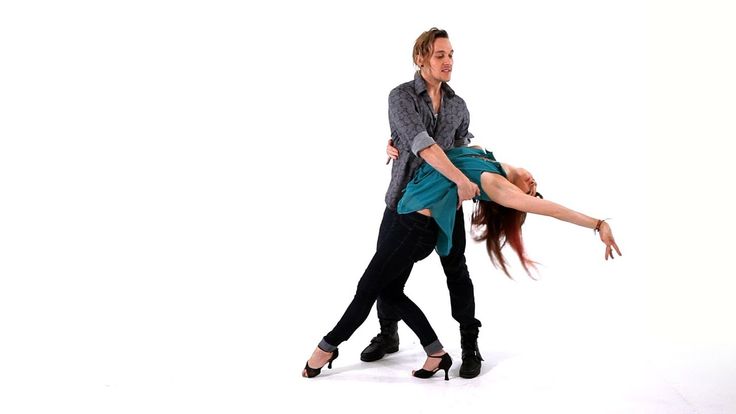
- Attend an open call. (These are usually posted on casting sites and an agency’s own website.)
- Get referred by a colleague or choreographer who is already represented by a particular agency.
- Get scouted in a dance class at big studios like Broadway Dance Center and Millennium Dance Complex.
- Sign up for an agent workshop like those offered by The Growing Studio.
Ready to start searching for a dance agent? Here’s a short list of some of the bigger dance agencies in both Los Angeles and New York City. (There are many, many more. This is just a quick list to get you started on your research.)
McDonald/Selznick Associates: www.msaagency.com
Bloc: www.blocagency.com
CESD: www.cesdtalent.com
Clear Talent Group: www.cleartalentgroup.com
By Mary Callahan of Dance Informa.
Related Items:advice for dancers, agent, Bloc, Bloc Agency, Broadway, Broadway Dance Center, casting agent, CESD, CESD Talent, Clear Talent Group, dance agent, dancer advice, McDonald Selznick Associates, Millennium Dance Complex, The Growing Studio, Tips & Advice
How To Get Into A Dance Agency
How can working with a dance agency be helpful for you? And how do you get into a dance agency?
As flashy and glamorous as the life of a professional dancer may look, dance work is still work – hard work.
Years of training and long hours aside, a big part of being a professional dancer is finding this work itself.
Dance agencies exist to guide dancers through their professional careers. Yet many dancers still find the process of getting into a dance agency somewhat of a mystery.
Especially those who come from a collegiate / community background with not much experience in the industry.
We chatted with our “signed” dancers Denzel and Bianca, along with Bloc Talent Agency assistant Havi, to break it all down.
What is a dance agency?
Dance and talent agencies are companies that help artists (actors, dancers, models, etc.) find professional work.
They connect dancers with jobs like commercials, music videos, tours, roles for TV shows and movies, and more.
While it is possible to find dance jobs without being represented by an agency – if you have the right connections – dance agencies help you find the best-fitting opportunities.
You’ll also get to know other dancers in your agency that have similar aspirations, and talk to agents with years of dance work experience.
You might feel intimidated going to auditions without any friends or jump into this career without a support system.
You can get that “community” or “family” feeling through a dance agency. Not to mention, being signed with a dance agency adds a little umph to your dance resume.
Would you rather get open-heart surgery from “Jessie Ma” or “Jessie Ma, M.D.”?
How do you find a dance agency?
If you know a dancer in your area who is signed with an agency, then ask them about their experience and suggestions.
Word of mouth and personal accounts are very important!
My friends were getting signed by different agencies and let me know when theirs were having auditions.
– Bianca Vallar
And look up those dance agencies online – you will find a section on their website where you can submit for representation, or find out the up coming audition dates.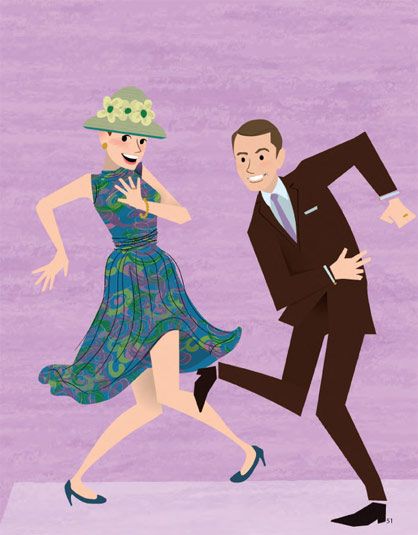
If not, you can click on their “Contact” section and email the agency to ask when and how to audition.
A few major agencies in Los Angeles are Bloc, MSA, Clear Talent Group, Go2Talent.
Finding the one right for you is a process.
At first, I didn’t have a specific agency I was more focused on. I just wanted to see what the audition process was like and if I could even keep up. But when I started to get a bit more knowledge on the specific agencies and what they had to offer I realized I really wanted to be part of Bloc.
– Bianca Vallar
How do you audition for a dance agency?
To get signed with a dance agency, you need to audition, have an interview, or submit your dance resume and reel – or do some combination of those.
The process varies depending on the dance agency.
Some auditions are split up by style –
For Clear, there was a freestyle part (which was optional, mainly for the bboys, poppers, krumpers, etc.) There was also a Jazz/Contemporary call and a Hip Hop round. You can choose to go to just 1 or all 3; but the more styles you show them the more they know they can utilize you.
– Denzel
Bloc hosts an open audition once every year, with a hip hop portion and a technical portion. We also have a submissions tab on our website. Sometimes agents find dancers at events they attend.
– Havi
Learn from each audition
Bianca took each audition as a learning experience:
I went into my first one and completely failed. After auditioning for a few dance roles at Disney I was used to auditioning, but auditions in LA are way different. I felt like I was wearing the wrong outfit and my headshot was too amateur. Even though I was comfortable with the combo, the LA energy was so different from what I was used to.Through that first audition, I realized how much I needed to prepare to have a successful audition so I wouldn’t feel so lost.I took a lot more classes in North Hollywood to better acquaint myself with the “industry” style, met with friends who were already signed and picked their brain on everything I could learn about the industry and agencies, got new headshots that looked more professional, and even met with a good friend who gave me style tips so I knew what to wear. The prep and new knowledge allowed me to be more comfortable with each audition.There are so many dancers who audition for Bloc, which makes it even more difficult to stand out. Bloc mentioned on their audition flyer that it was gonna be a heels audition for girls. So I knew that the audition was going to be a bit more body conscious and I’d have to focus on my “look." I made sure I felt really confident in my outfit, did my makeup and hair like I was about to do a performance, and took a lot of heels classes to practice.If you prep well beforehand you'll feel confident going into the audition. Then all you have to do is let your dancing speak for itself.
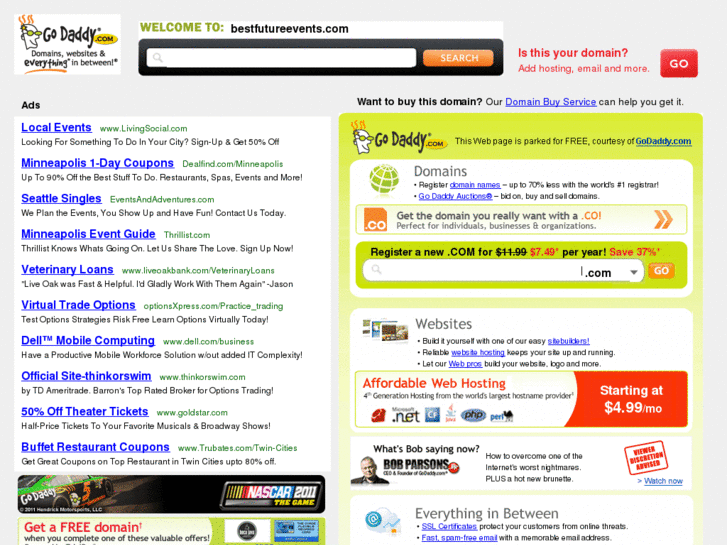
– Bianca
What is it like working with a dance agency?
Considering how much work it takes to get into a dance agency, there must be a lot of benefits to being represented.
Once signed, they'll notify you of auditions for jobs (some of them exclusive to your agency) or offer specific work if a casting director or choreographer finds you through the agency, based on your photos, resume, and reel.
Some choreographers trust a specific agency with their work or book you directly through your agency because they're known for having reliable dancers. And your agents take care of a lot of the logistical parts of dance work – like getting you your check or submitting you for gigs.
– Denzel
They're also very helpful when handling contracts and legal paperwork, making sure you get paid correctly, and your ensuring that your basic rights as a dancer are met. Unfortunately, sometimes people don't view dancers in the industry highly.So a lot of companies will try to rip us off because they don’t understand the work that it takes to be a professional dancer – resulting in horrible working conditions and underpaid dancers. Agents make sure that doesn’t happen and that we're treated fairly.
– Bianca
How often do you get auditions through a dance agency?
The frequency of auditions can vary, but you’ll have access to many more opportunities through a dance agency than if you were not signed.
Denzel used to be invited to 2-3 auditions a week, and go to all the ones he was interested in. Other times, he says, he’ll only get an offer every other week.
Auditions vary week to week. Some months I'll be very busy and go to around 4-6 auditions a week. And some months are slow and I may only get one audition every two weeks. Those are bad months, haha. Your lifestyle will be very unpredictable – it is not a career for people who value stability.
– Bianca
Advice for working with a dance agency
Do your research
Find out everything you can about all the different agencies, the kind of jobs you want to book, and which choreographers are working on those jobs.And take class from all working choreographers, their assistants, or other dancers that constantly work in this industry so you can train and make those connections.
– Havi
Look the part
Your audition for the agency will reflect how seriously you’ll take auditions for gigs. Dress comfortably in something that reflects your style. You’ll be in a sea of other dancers; you want your dancing and your look to make a statement. I look young so I get sent on young roles – so I go with the young youthful hip look. Finding your look is a huge thing!
– Denzel
Show that you’re a star
Don’t hide in the back during the audition – no matter how much you’re killin’ it, it’ll be hard for anyone to see you!And FREESTYLE! This is your chance to showcase your unique skills and style.Practice freestyling because you’ll have to freestyle in most every audition – sometimes before the combo or after, or both.
– Denzel
Train in everything!
You never know what’ll be asked of you in an agency call, so take classes in all styles – especially those outside of your comfort zone.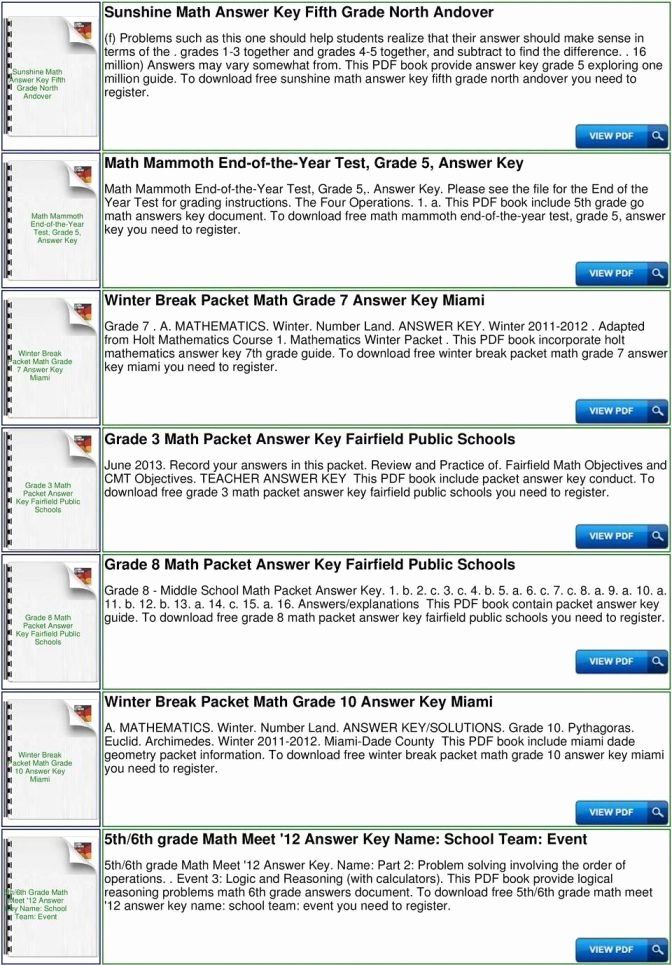
The more you learn, the more versatile you will be, and the less you’ll be phased by whatever an audition throws at you.
LA dancers! Take classes at these Top Dance Studios In Los Angeles You Need To Be Training At
Don’t let rejection phase you
A lot of "no"s will come before getting a "yes." And once the "yes" does come, that doesn't mean you'll book every job you audition for.
– Havi
You won't always get the job you audition for. It may take you years. You'll constantly be faced with people criticizing the way you dance, the way you look, and they will make you feel inferior. Learn to be okay with rejection and allow the negativity to roll off your shoulders so you can continue to move forward. Don't go into this career if you cannot take rejection and criticism well.
– Bianca
Don’t do it for the money
It can be very rewarding to know you get to make money off of the thing you love the most.Although, dancers do not typically get paid that much. Also dancers can sometimes get so caught up in trying to book the job in order to get the money (because most of us are starving artists and super broke) that they lose the fun and love for dance because they're too focused on trying to get paid. You don’t know when you are going to book another job or when the next paycheck is going to come.
– Bianca
Work with your agent
But the agency can’t do everything for you. As Lindholm, co-owner of Go 2 Talent Agency says in this article by Dance Spirit,
I firmly believe it’s 50/50 teamwork. It’s our job to get you in front of people while making sure you’re protected and paid on time. It’s your job to work hard, meet as many people as you can and build a reputation for being professional.
Bianca agrees –
Having an agent is a business relationship. As much as they help you, you have to help them as well. You only get what you put into it.If you want to do lots of dance jobs, then that means doing as much as you can to be the top bookable dancer. So when your agent gives you an audition, you're fully ready and can make people want to hire you.
Know yourself.
Dig deep down, and ask yourself – Are willing to completely dedicate yourself to your dance career? Are you willing to make this your full time job? Like a job, will you dedicate 8 hours a day to your craft?Being represented by an agent and pursuing a full time dance career in the industry isn't easy and results don’t come right away.You have to be patient, work hard, and accept that things take time.But if this is what you are meant to do, then keep doing it.
– Bianca
It's rewarding, yet extremely difficult to pursue dance as a professional career. It’s a good thing dancers have agencies to help!
We hope this helped give you more insight on how to get into and work with a dance agency!
Comment below with any questions you still have, or share your experience of working with a dance agency!
About the dancersDenzel started dancing when he was just 5 years old, learning dance moves off of music videos on MTV. He started dancing on his church’s Hip Hop praise team in elementary school, where he fell in love with performing. Denzel was signed for acting when he was 6, but didn’t go to a dance agency audition until he was 18! He is represented by Clear Talent Group and has alongside several major artists.
He started dancing on his church’s Hip Hop praise team in elementary school, where he fell in love with performing. Denzel was signed for acting when he was 6, but didn’t go to a dance agency audition until he was 18! He is represented by Clear Talent Group and has alongside several major artists.
Havi transitioned from competitive gymnastics to dance when she was 11. She trained in jazz, tap, hip hop, lyrical, contemporary, and ballet and pointe, continuing her studio training, as she attended dance conventions and danced on her high school dance team. When she entered college, she realize she actually did not want to be a dance major, but danced on Common Ground for 4 years.
Bianca learned cultural dances (Polynesian, Filipino, Bollywood) at a young age, later joining Breakthrough, her first junior team at Studio 429. She took classes, taught, and directed at the studio as she she became one of the original members of Choreo Cookies, where she danced on the team for over 9 years. Bianca moved to LA to pursue dance, and got a job at Disneyland and later joined Bloc Talent Agency and has been dancing professionally, full-time, since.
Bianca moved to LA to pursue dance, and got a job at Disneyland and later joined Bloc Talent Agency and has been dancing professionally, full-time, since.
DanceFind.Ru - dance sport, ballroom dancing
New format for the development of dancers
PERFORMANCE DANCE BUILDER
Dancing, if it is not a hobby, but a serious occupation, will require a lot of effort in order to succeed. There are as many components here as in a large Lego set, so it’s quite difficult to immediately understand what needs to be attached and where. And the instructions are not included.
We decided to change the system. We offer you instructions for use. And in two formats. Slightly higher - the first. This is information for all participants in the dance world. You can read, ask questions, answer other users, that is, study the question.
The second one is our constructor. Here are gathered experts from different fields who will accompany you at every stage: from the selection of a direction to the execution of legal documents.
Can't find a partner?
We will help you choose the perfect option
New questionnaires
Would you like to learn more about dancing?
Dance of the day
Do you want everyone to see how you dance? Video sent to [email protected]
Cha-cha-cha
From ROC 2021 winners
About the project
Find yourself in dance.
Find the dance in you.
What is our website about?
Of course, about dancing. First of all, about ballrooms. But not only. Because dance is a little more than a separate direction or type. Dance is life.
Who is this site for?
For those who love dancing, are interested in them, live in dance.
Do we represent the interests of any clubs or coaches?
No. This is an independent project. Of course, each of the participants has their own favorites (and how could it be without it? We are not robots, but living people).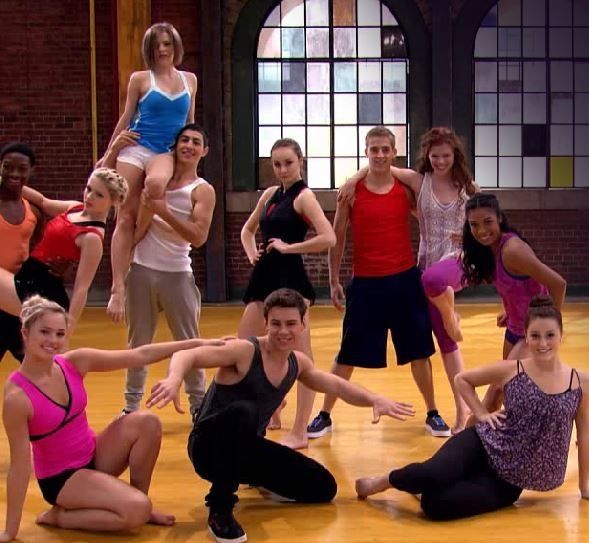
The site will have reviews of all clubs, but without ratings and ratings.
If you see an invitation to a particular club, then this is an advertisement. And you can’t do without it either, because to create a website we spend not only time and effort, but also money, and advertising helps to develop the project. If you want, you can take part in our development. For this …
Most of all I don't like advice. Therefore, there will be no advice on this site. And there will be sketches from real life, reflections on the topic or just articles.
Some materials may be of interest to parents, others to coaches and club leaders, some will be of interest to athletes or those who simply love dancing.
If you want to tell your story, then send them ...
Ballroom dancing. First step
The story about ballroom dancing starts the same way for almost everyone.
Read more
Children in a dance couple: you can't leave to stay
The mother of a little dancer about obligations, sacrifices, patience and about how persistent preservation of a couple can turn out for grown-up children.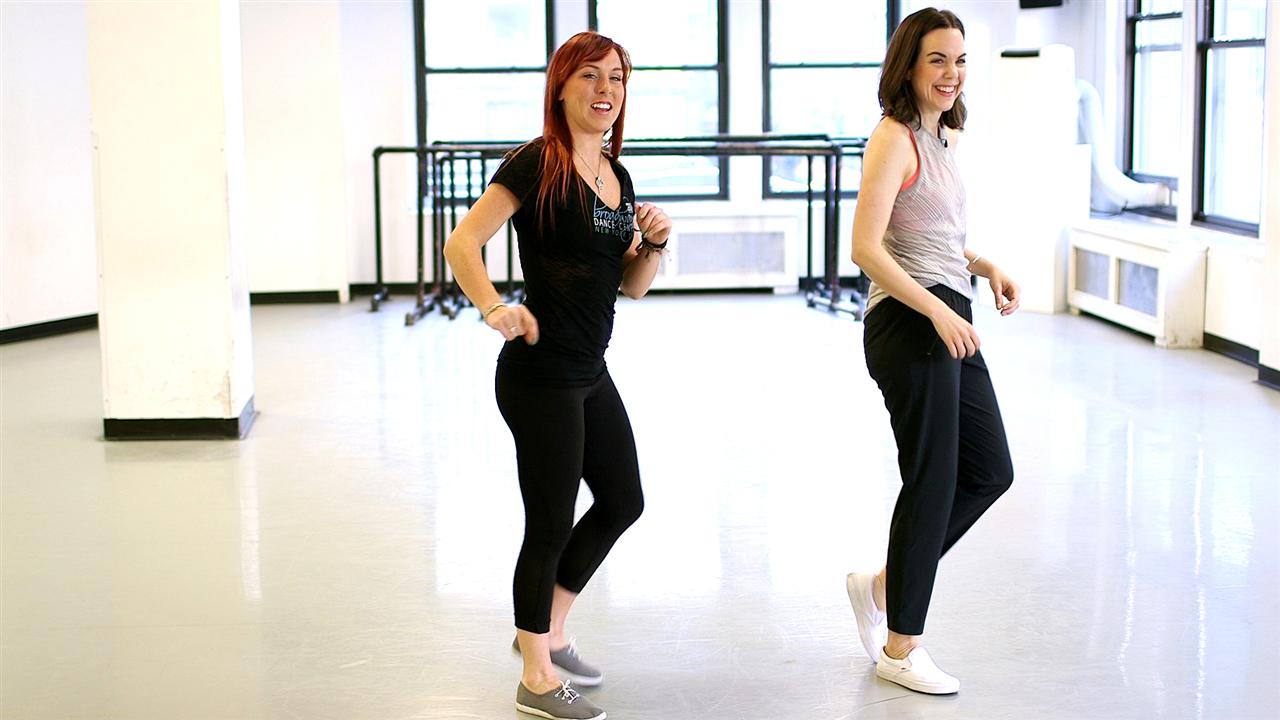
Read more
Coach VS parents: who is in charge?
Why parents interfere in the training process and how to deal with it
Read more
Tips & Tips | November 2022
Share Tweet Share Comments
Hiring a dance agent can help you advance your career. Think of it as your own team cheering you on and fighting for your success. You definitely don't need a agent to have a successful career in showbiz, but it doesn't hurt to have an extra support system in the industry that can often feel overwhelming.
The agent works to ensure that you participate in every audition and casting you qualify for. And when you commission a job, they ensure that your contract is solid from start to finish. Depending on your agency, agents usually charge 10 to 20 percent of your salary. When you succeed, they succeed too - it's a win-win!
Whether you're new to the professional dance scene or a seasoned veteran, having an agent on your team can be extremely helpful. As a newbie, you'll get recommendations and it'll be easier for you to get back on your feet than if you had to wait hours before being seen on an open call. And as a working dancer, your agent will use your hard-earned resume to find you even more jobs (like a swing or an immediate replacement on a Broadway show).
If you are looking for an agent, our most important advice is to find someone who is you . In a meeting with a potential agent, talk about your goals and what kind of dance you want to do. Of course, also ask where They see you as you move up the career ladder. But never feel like you have to compromise your aspirations or completely change your personality in order to succeed.
So, what exactly does the agent do - in particular, dance agent?
- Send dancers to work
- Access to exclusive auditions not published on public casting websites.
- Establish contracts (eg, higher pay, own row in the tour bus, days off)
- Provide appropriate working conditions according to your contract and performer unions (eg, suitable dance shoes, days off, spring floors)
- Make your own marketing recommendations (your "look", website, commercial, resume, headshots)
- Offer recommendations (and often discounts) to voice tutors, headshots and more.
- Host networking events such as private workshops, singing and reading, and happy hours.
- Encourage your growth as an artist
Sounds great, right? Well, here are some ways to find an agent for yourself:
- Submit your CV, headshot, dance video and testimonials via email/link online.
- Visit the open bell.



